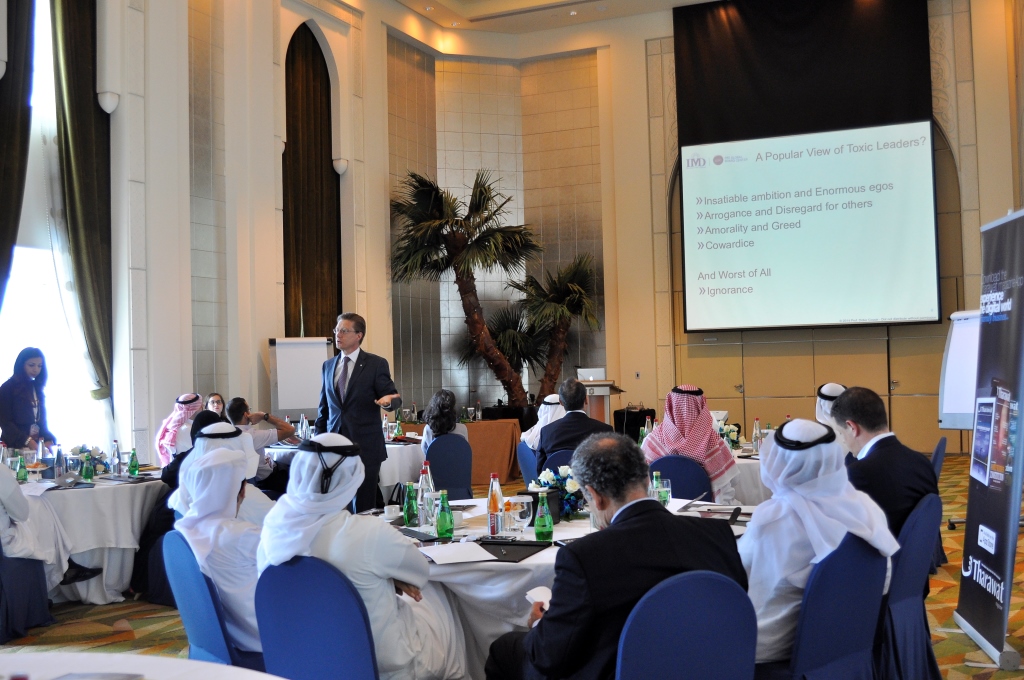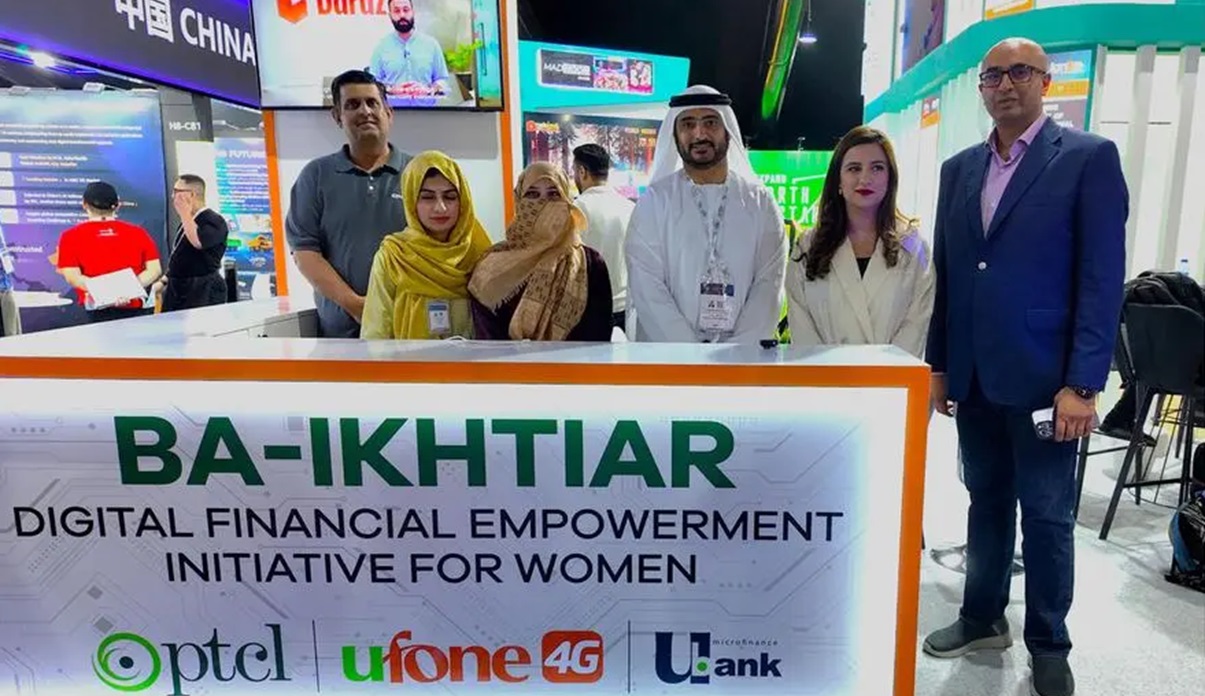Organised by Tharawat Family Business Forum, family business leaders from across the MENA region attended a workshop on ‘Successful Family Business Boards’ on Thursday. The workshop addressed the importance of building a strong and effective board in a family business, and the benefits of structured relationships between board members.
Family businesses represent over 80 per cent of the MENA regions private sector, and therefore their governance and board performance is a topic of central importance. With a mission to educate and strengthen the region’s family businesses, the event showcased and emphasized on how businesses with an established corporate and family governance structure see great benefits in the efficiency of their operations, and in their relationships with shareholders.
Family business boards face added complexity compared to non-family counterparts due to the family dimension: Family members who are active in the business are faced with managing their multiple roles as managers, owners, and family members. When this complexity is added to the board environment, it becomes clear that regulation and transparency is paramount.
Keynote lecturer, Prof. Dr. Didier Cossin, Director of Global Board Centre at IMD, one of the world’s top-ranking businesses schools in Switzerland spoke of the risks that come with overconfidence in the board room. He said: “Board practices overall are not very good today. Learning from elders may not always be the best option in terms of governance. Check latest best practices and do not hesitate to adapt them and innovate to suit your company and your family DNA. When setting up a board, you have to plan for continuous improvement, and be aware that it is not only the set up that is crucial, but ensuring that the board will reflect regularly on its strengths and weaknesses.”
Through a mix of academic and family business speakers, the Tharawat Family Business Forum event emphasised the typical pitfalls of board performance, the difficulties of implementing the rules of governance in the boardroom, and the advantages of managing family relationships efficiently.
The focal topic of discussion was the relationship between family shareholders and their boards, with an emphasis on the importance of good communication and flow of information. Here, participants learnt that the continuous development of board members, and a measure of board performance, is paramount to achieving the efficiency and effectiveness of their governance systems, and ultimately business performance.
Key learnings of the workshop included the importance of adapting international best practices to the region and to individual family business, as well as the necessity of carefully integrating the next generation of family business leaders in the boardroom as a long-term strategy for sustainability.
Majid Jafar, CEO of family-owned Crescent Petroleum, and a member of Tharawat, said: “The corporate governance of family businesses is a critical issue for the future health of our region’s economy. This workshop organised by Tharawat was an excellent opportunity for family businesses from across the region to share experiences and listen to best practices on this very important topic.”





